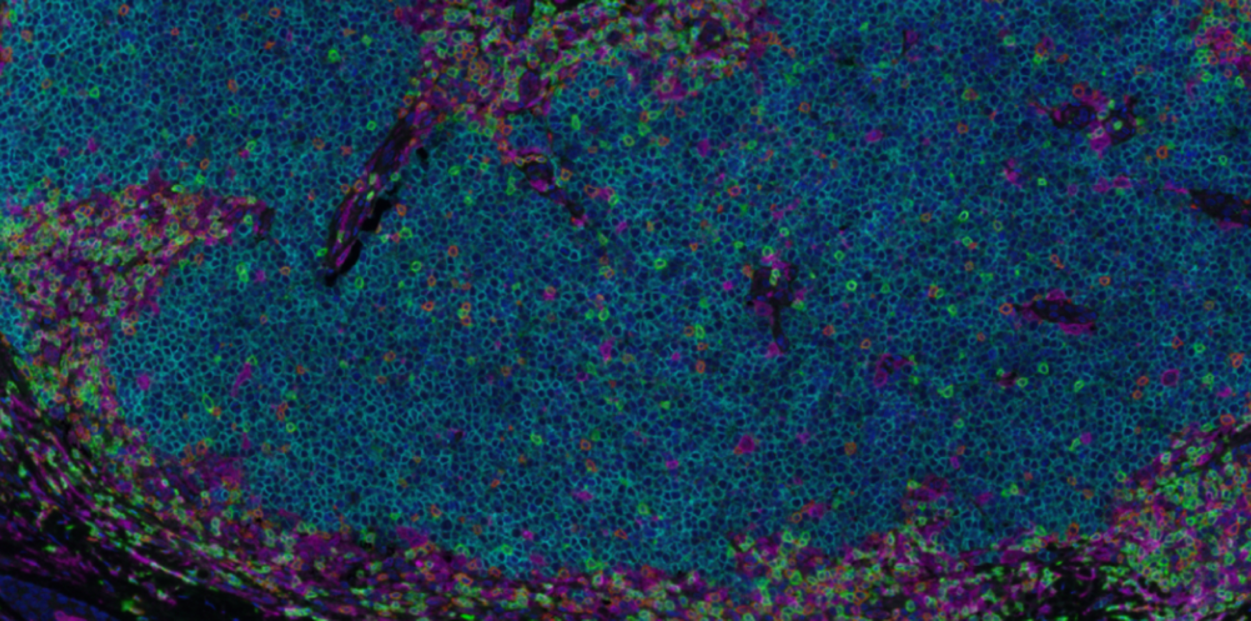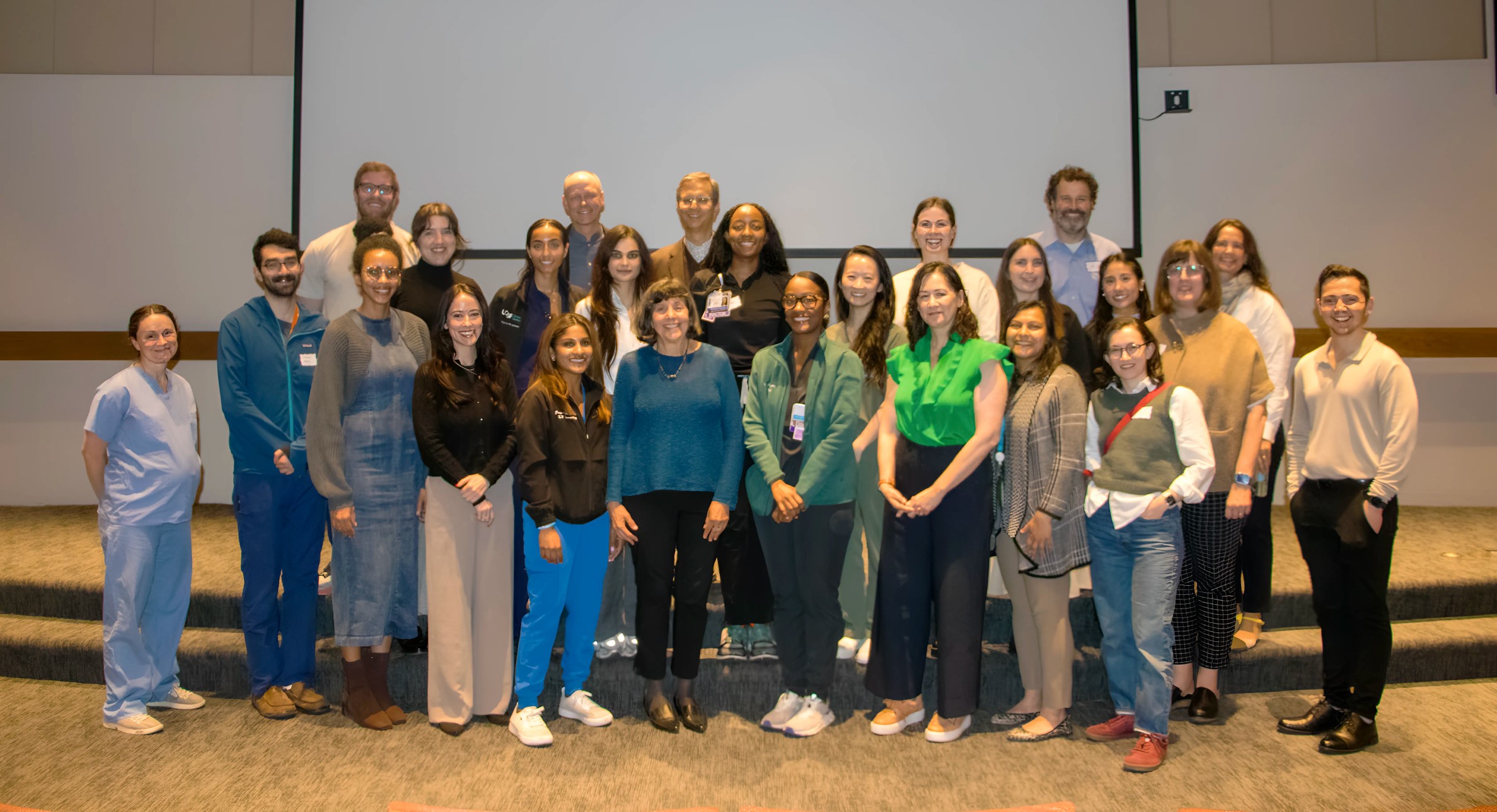Kawasumi Lab Awarded R01 ($2 Million) to Support Cancer Research

Congratulations to Masaoki Kawasumi, MD, PhD, Assistant Professor and Principal Investigator for the Kawasumi Lab, whose recent research project grant (NIH R01) proposal was selected by the National Cancer Institute (NCI) to receive $2 million in award funding over five years to support his cancer research study titled, "Targeting epigenetic abnormalities to inhibit cutaneous squamous cell carcinoma.”
“I am very excited to receive an R01 to advance skin cancer research. This five-year award allows me to discover novel approaches for inhibiting skin cancer.” —Masaoki Kawasumi, MD, PhD
About Dr. Kawasumi’s Study
Dr. Kawasumi’s study focuses on cutaneous squamous cell carcinoma (cSCC), the second most common cancer in humans.
Ultraviolet (UV) radiation is the most prevalent carcinogen in humans, leading to the development of skin cancer with over 5 million cases annually in the United States. This environmental factor induces genetic mutations and epigenetic abnormalities that affect the expression of cancer-relevant genes, but it remains unclear how these epigenetic abnormalities drive skin malignancies. Using genome and epigenome editing tools, we aim to elucidate the contribution of epigenetic abnormalities to malignant phenotypes with the goal of developing novel therapeutic strategies to target epigenetic aberrations and inhibit cSCC.
Kawasumi Lab
The Kawasumi Lab, headed by Dr. Masaoki Kawasumi, investigates molecular mechanisms of UV skin carcinogenesis with a goal of developing novel means to inhibit skin cancer. Recent work has focused on better understanding how caffeine prevents skin cancer.
For more information, please visit the Kawasumi Lab website.









